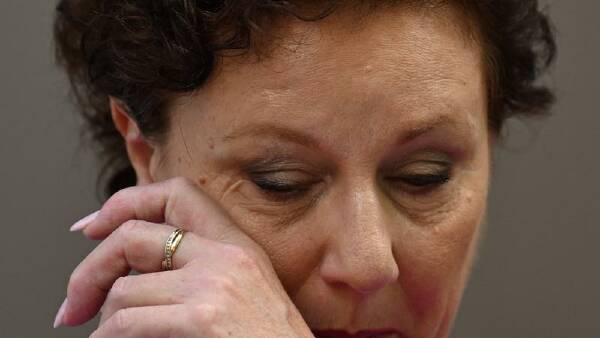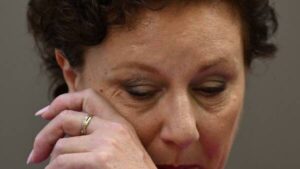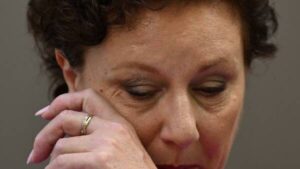
Kathleen Folbigg has been offered $2 million by the New South Wales (NSW) government as compensation for her wrongful imprisonment, a decision that has sparked significant controversy. After spending 20 years in jail for the deaths of her four children, Folbigg was released in June 2023 when new scientific evidence raised doubts about her convictions. Critics argue that the compensation amount is insufficient and undermines the principles of open justice.
The NSW government remains firm on the compensation figure, with Premier Chris Minns stating that Folbigg would need to pursue legal action if she seeks a higher amount. This stance has drawn backlash from legal experts and politicians alike. Prominent lawyer Sam Tierney, who previously represented clients in high-profile wrongful conviction cases, indicated that the offer is disproportionately low compared to the harm Folbigg endured.
“Two million dollars seems inadequate for someone who spent two decades wrongfully imprisoned,” Tierney told the Australian Associated Press. He expressed serious concerns about the transparency of the ex gratia payment process, suggesting that the government should provide reasons for its decision. “It seems only fair and reasonable that the decision maker would issue reasons explaining why they arrived at a particular figure,” he added.
The process of ex gratia payments, which are one-off decisions made by state cabinets, lacks the precedents that court-run compensation claims provide. This absence of transparency complicates any potential challenge to the payment amount. “If there are no reasons issued by the decision maker, then it’s very difficult to attack the decision that’s been made,” Tierney explained.
Opposition leaders have voiced their discontent with the government’s offer. Mark Speakman, the NSW Opposition Leader, described the compensation as “unfair” and “far too low,” emphasizing the emotional and psychological toll on Folbigg. “Her conviction was wrongful. She suffered enormously,” he remarked during an interview.
Folbigg’s solicitor, Rhanee Rego, characterized the compensation offer as a “moral affront,” highlighting that the system has failed Folbigg once again. Greens MP Sue Higginson also criticized the offer, calling it “an absolute slap in the face.”
The debate over compensation for wrongful convictions is not new to Australia. Historical cases illustrate the complexities surrounding compensation amounts. For instance, Darryl Beamish received $425,000 after being wrongfully convicted of murder in 1961, while David Eastman, who was wrongfully convicted in 1995, was awarded $7 million in 2019.
As the NSW government stands by its compensation offer, the conversation about justice, fairness, and transparency continues. The implications of this case extend beyond Folbigg, raising questions about how governments handle wrongful convictions and the criteria used to determine compensation.






